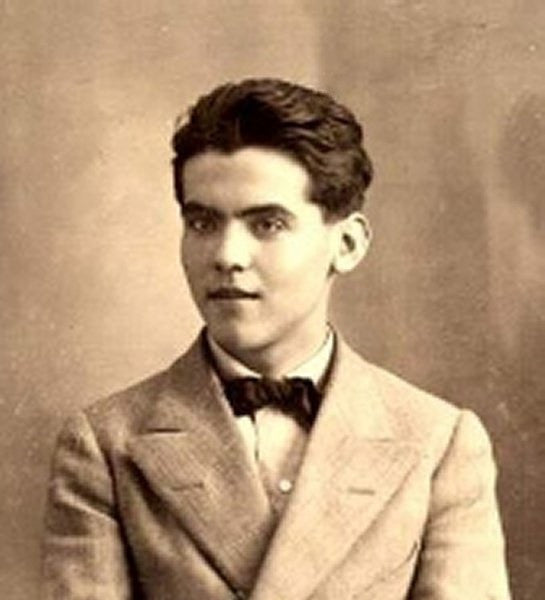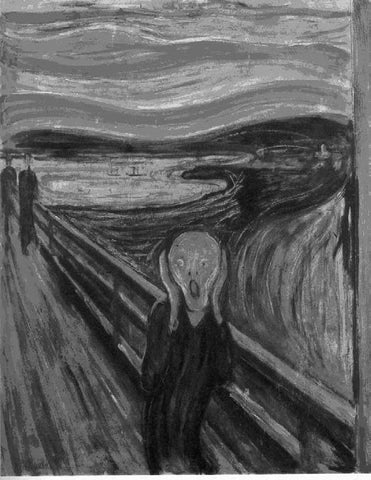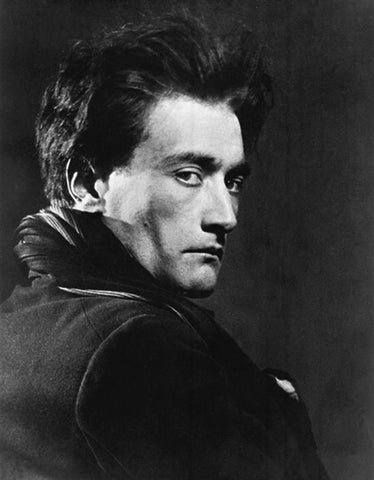
Lorca
£14.95
The practical task in the new September 2008 specification of the AQA AS course in Drama and Theatre Studies is to present a staged extract from a published script. Students can choose to be assessed on their skills as an actor, designer or, in a revision to the current course, as a director. In a bigger change to the specification, the presentation must clearly reflect the influence of a nominated director, designer, company or practitioner – in other words, a mentor.
The examination board has produced in its specification a list of suggested mentors and this list contains the old chestnuts – Stanislavsky, Brecht, Artaud and Craig – alongside some rather more experimental suggestions such as Max Stafford-Clark, Steven Berkoff and Ralph Koltai. It seems to me that some names on this list are, in practice, more sensible mentor choices than others, since in order to show clearly the influence of a mentor in the rehearsal process or in the final production there needs to be a system to the practitioner’s work, rather than just a series of insightful and intelligent productions.
Still, at least the examination board has liberated this unit from the strait-jacket of a short list of named practitioners and enabled teachers to play a bigger part in selection, planning, execution and assessment.
You may choose, of course, to focus your teaching on a practitioner which all your AS students will use as a mentor. On the other hand, you may want to give a little more freedom to students and allow them the liberty of researching and exploring the ideas of practitioners for themselves. Students need to have a grasp both of Stanislavsky’s use of metonymy in his psychologically realistic approach and Brecht’s and Artaud’s use of metaphor in their more poetic stance: these approaches remain cornerstones of modern European theatre. However, you might also want to share with your students some quite different practitioners to be used as mentors for their Unit 2 performance projects.
In this article, I will look at how Lorca might be used as a mentor; although he is not mentioned by the board in their suggested list, he can be a fruitful and resourceful choice for students. Students need to show in their supporting notes how their performance demonstrates an understanding of the work of their chosen mentor.
Therefore, the extract chosen must not only give students the opportunity to demonstrate their skills as a performer, designer or director, but also to show their understanding of the work of the chosen theatre practitioner. Students (and their teachers) must therefore choose a practitioner and a text which fit together well.
In order to suggest some sort of tentative template for this work and to share some of my long-standing enthusiasm for Lorca’s work, I am outlining a possible approach to Unit 2 which is founded on the choice of Lorca as a practitioner and director. I begin with a biographical sketch before suggesting a number of approaches which could be appropriated for use in practical performances of texts, along with suggestions for such texts themselves.
Number of schemes: n/a




